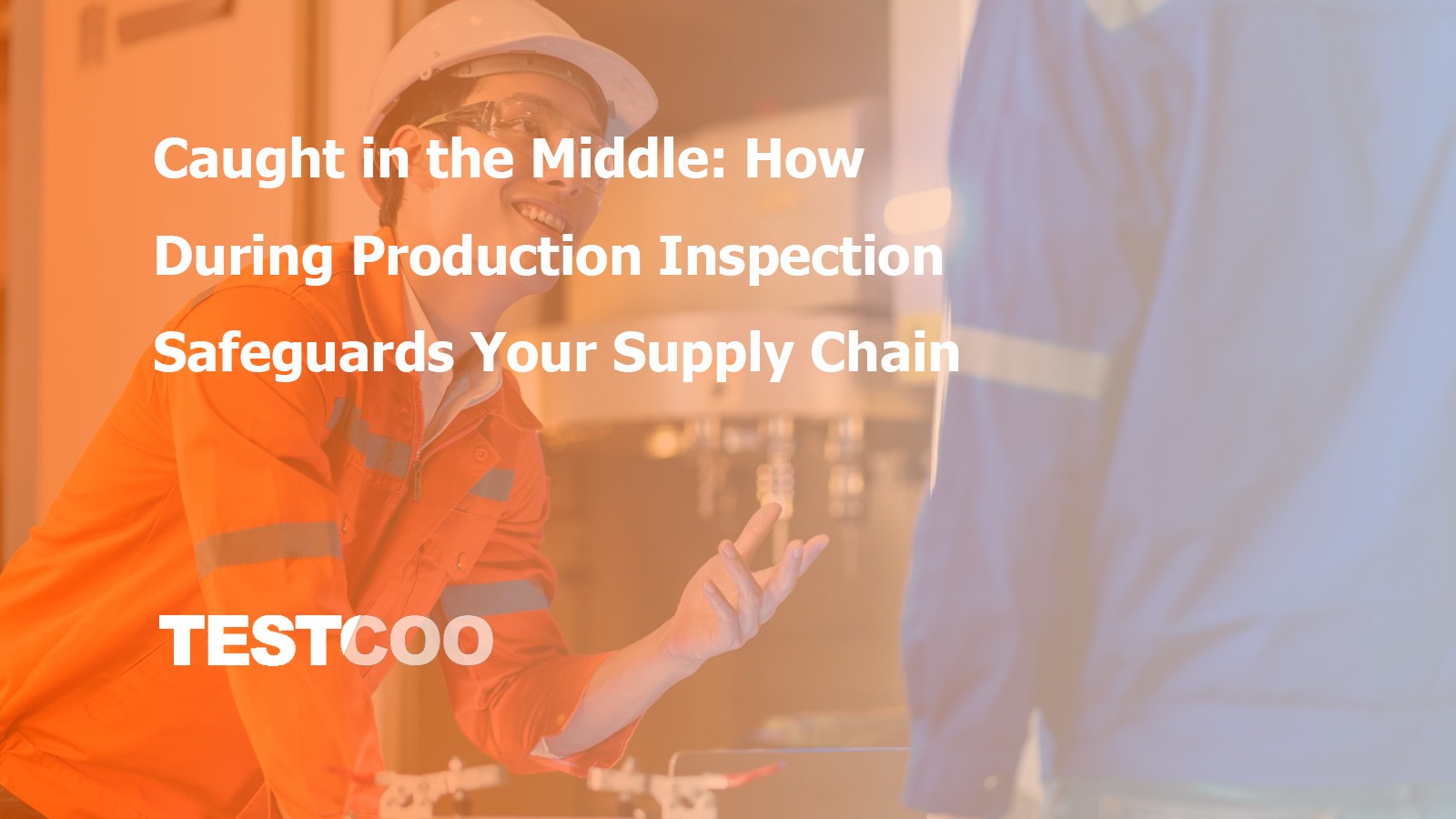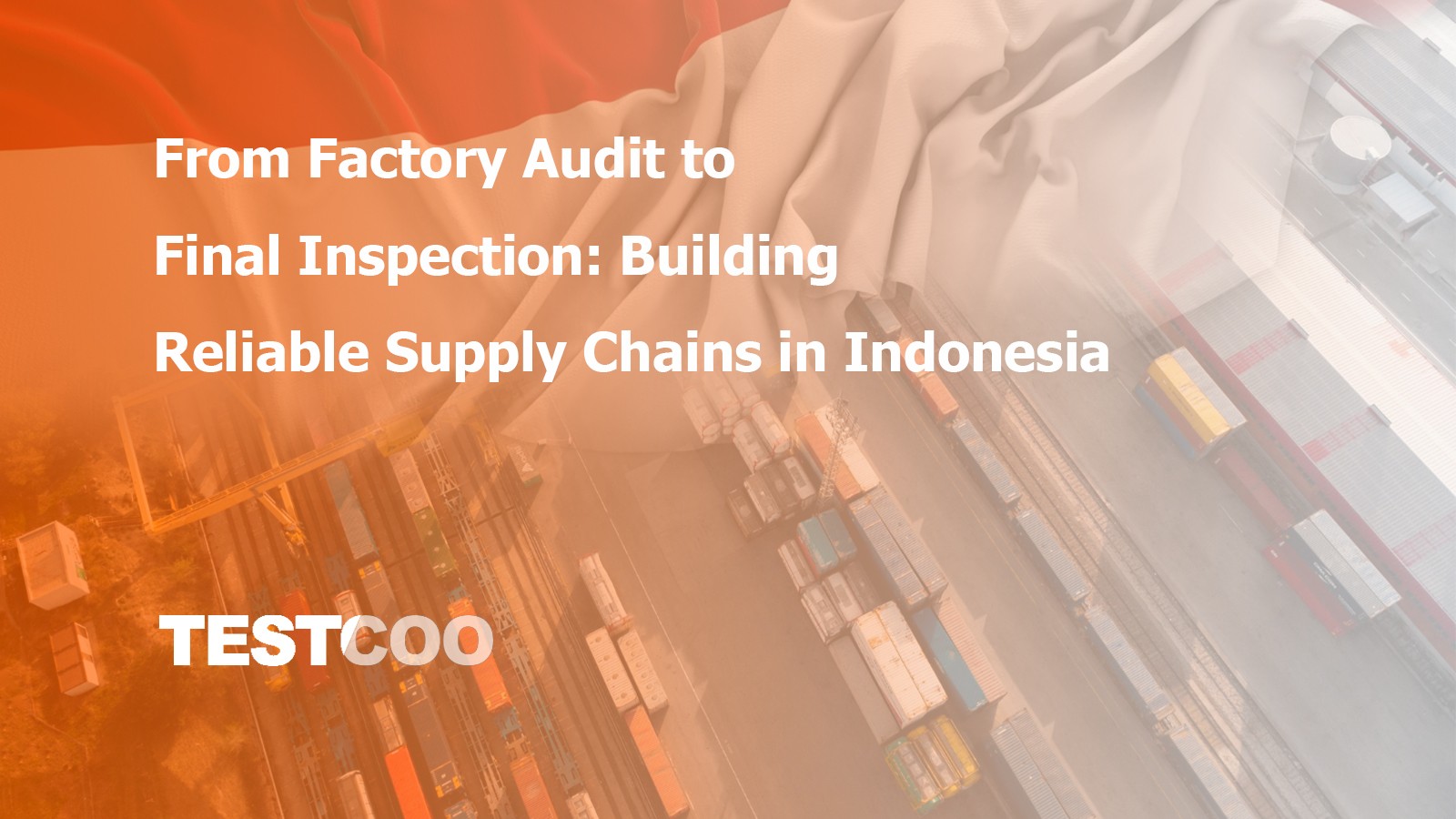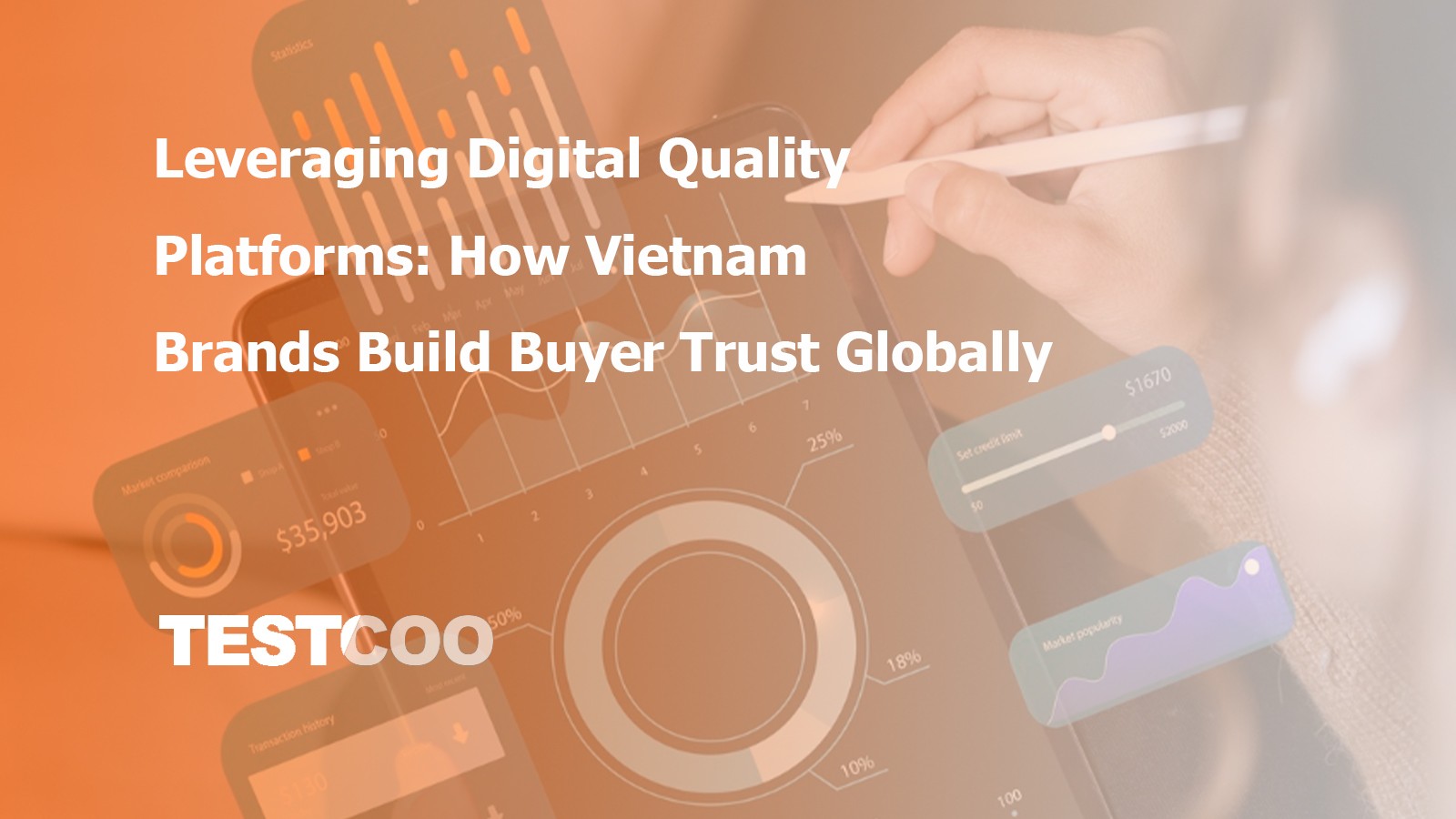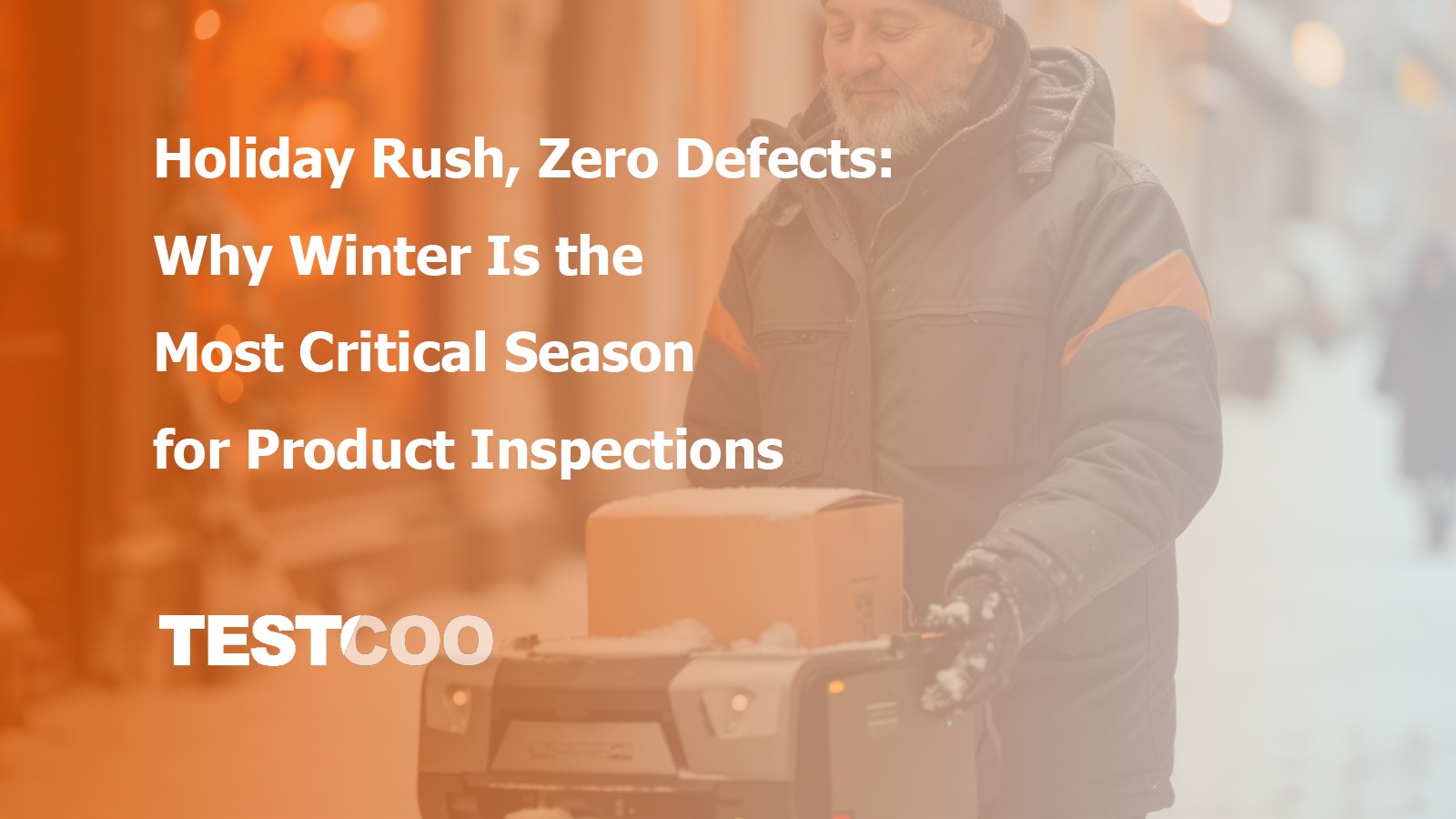What’s New in SMETA 7.0 and Why You Should Care

In today’s increasingly transparent and socially conscious business environment, companies are under greater pressure to demonstrate ethical practices throughout their supply chains. The Sedex Members Ethical Trade Audit (SMETA) has long been a trusted tool for assessing labor, health and safety, environmental and business ethics practices in global supply chains.
With the release of SMETA 7.0, companies, auditors and suppliers must familiarize themselves with updated protocols and expectations to remain compliant and competitive. This update isn’t just a checklist of new requirements; it represents a strategic shift in how ethical compliance is evaluated and reported.
Understanding the key changes and implications of SMETA 7.0 is vital for businesses that want to continue working with global brands, maintain certifications and uphold responsible sourcing standards. This blog breaks down the major updates, their impact and how your business can stay ahead.
Key Changes in SMETA 7.0: What’s New?
SMETA 7.0 introduces several significant changes that reflect global developments in labor rights, environmental expectations and corporate accountability. Here are some of the most notable updates:
Revised Audit Report Format - SMETA 7.0 introduces a more streamlined and structured report format to improve clarity and usability. This change helps buyers quickly identify key risks and follow-up actions, improving transparency and decision-making.
Updated Guidance on Working Hours and Wages - The new version includes more detailed guidance on verifying working hours and wage calculations. This ensures consistency and accuracy in assessing compliance with legal and ethical standards, particularly in high-risk regions.
Enhanced Focus on Environmental Management - SMETA 7.0 places stronger emphasis on environmental performance, aligning with growing regulatory and buyer expectations around sustainability. The audit now includes updated indicators and more robust evaluation criteria for waste management, emissions and resource consumption.
Reinforced Business Ethics Criteria - Corruption, bribery and ethical misconduct have become high-profile concerns. The updated audit protocol includes clearer requirements for assessing business integrity, whistleblower protections and anti-corruption measures.
Inclusion of DEI (Diversity, Equity and Inclusion) - For the first time, SMETA 7.0 explicitly addresses diversity, equity and inclusion. Auditors are now required to assess company policies and practices that promote DEI in hiring, promotion and workplace culture.
Clarified Non-Compliance Classifications - To enhance consistency, SMETA 7.0 refines how non-compliances are classified (e.g., critical, major, minor) and reported. This helps standardize the way issues are escalated and addressed across geographies.
Discover to learn more about the SMETA audit
Impact on Suppliers and Manufacturers
The changes introduced in SMETA 7.0 have a wide-reaching impact on suppliers and manufacturers. Here are some key areas where businesses will feel the difference:
Increased Preparation Time - With more comprehensive documentation and expanded audit criteria, suppliers will need to invest additional time in audit preparation. This may involve updating internal policies, improving data tracking systems and training staff on the new expectations.
Greater Scrutiny on Labor Practices - Auditors will conduct deeper reviews of payroll records, contracts and worker interviews to assess wage compliance and working hours. Suppliers with inconsistent or outdated systems may face increased risk of non-compliance findings.
Environmental Accountability - Suppliers are expected to demonstrate concrete environmental practices, such as proper waste disposal, emissions tracking and energy conservation efforts. Facilities lacking basic environmental controls will need to act quickly to align with expectations.
Need for Inclusive Workplace Policies - The inclusion of DEI criteria means businesses must demonstrate fair and inclusive hiring and workplace practices. This could involve formalizing policies, tracking demographic data and providing DEI training.
Reputation and Business Continuity Risks - Suppliers that fail to adapt to SMETA 7.0 may face negative audit outcomes, jeopardizing relationships with buyers committed to ethical sourcing. Maintaining compliance is not just about passing audits; it’s about staying relevant in a responsible supply chain ecosystem.

How Businesses Can Prepare for SMETA 7.0
Transitioning to SMETA 7.0 compliance will require proactive planning and internal alignment. Here are practical steps businesses can take to prepare:
Conduct a Gap Analysis - Start by comparing current practices against the new SMETA 7.0 requirements. Identify areas of improvement, prioritize critical gaps and develop a corrective action plan.
Update Policies and Procedures - Ensure all internal documentation reflects updated protocols, especially around wages, working hours, environmental practices and business ethics. Formalize DEI and whistleblower policies where needed.
Train Internal Teams - Educate HR, compliance and production teams on the SMETA 7.0 updates. Well-informed staff are critical to ensuring smooth audits and sustainable compliance.
Partner with Experienced Auditors - Work with a third-party audit company familiar with SMETA 7.0. Their expertise can provide valuable insights and ensure your audit process is thorough and aligned with the latest standards.
Engage with Suppliers - If you're a brand or retailer, ensure your suppliers are aware of and prepared for SMETA 7.0. Provide resources and support to help them meet updated expectations.
Invest in Data and Documentation Tools - Digital recordkeeping systems can simplify tracking and reporting, reduce human error and improve audit readiness.
Read more: 7 Types of Factory Audits that Help to Evaluate Your Supplier
The Bigger Picture: Why Staying Updated Builds Trust
SMETA 7.0 isn’t just about compliance, it’s about building trust and transparency across your supply chain. Here’s why staying aligned with the latest standards benefits your business:
Enhanced Buyer Confidence - Buyers increasingly prioritize partners who demonstrate ethical and sustainable practices. A clean SMETA 7.0 audit report signals credibility and commitment.
Competitive Advantage - Early adoption of updated standards positions your business as a responsible leader. It opens doors to more partnerships and long-term contracts with like-minded clients.
Risk Mitigation - Keeping up with the latest audit protocols reduces the risk of non-compliance, legal penalties and reputational damage.
Positive Brand Image - Consumers and stakeholders care about how products are made. Ethical sourcing builds brand loyalty and public goodwill.
Continuous Improvement - SMETA 7.0 encourages businesses to go beyond checklists and strive for continuous improvement in labor conditions, environmental performance and ethical conduct.
Read more: What is Social Compliance Audit?
How Testcoo Can Assist You in Conducting a SMETA Audit
In today’s globally connected supply chain, social compliance has become a non-negotiable expectation from brands and retailers. That’s where SMETA (Sedex Members Ethical Trade Audit) comes in, one of the most widely recognized ethical audit formats in the world. Whether you're a factory aiming to meet buyer requirements or a brand seeking transparency across your supply chain, Testcoo is here to simplify and strengthen your journey toward ethical sourcing. Partner with us to reap the following benefits:
Global Expertise, Local Knowledge - With a network of experienced auditors across Asia, Europe and the Americas, Testcoo ensures your SMETA audit is compliant, efficient and culturally informed.
Quick Turnaround Time - We understand the fast-paced nature of retail supply chains. Our streamlined processes deliver audit reports promptly without compromising quality.
Tailored Support - Whether you're preparing for a 2-pillar or 4-pillar audit, our experts guide you through every step from pre-audit consultations to post-audit corrective actions.
Sedex-Approved Auditor Partnerships - Testcoo partners with Sedex-registered auditors, ensuring your audit meets all platform requirements and can be easily uploaded to the Sedex database.
Beyond Compliance - We don’t just check boxes. Testcoo helps build stronger, safer and more responsible supply chains by working with factories and suppliers on improvement plans that go beyond the audit.
How Businesses Can Prepare for SMETA 7.0
Transitioning to SMETA 7.0 compliance will require proactive planning and internal alignment. Here are practical steps businesses can take to prepare:
Conduct a Gap Analysis - Start by comparing current practices against the new SMETA 7.0 requirements. Identify areas of improvement, prioritize critical gaps and develop a corrective action plan.
Update Policies and Procedures - Ensure all internal documentation reflects updated protocols, especially around wages, working hours, environmental practices and business ethics. Formalize DEI and whistleblower policies where needed.
Train Internal Teams - Educate HR, compliance and production teams on the SMETA 7.0 updates. Well-informed staff are critical to ensuring smooth audits and sustainable compliance.
Partner with Experienced Auditors - Work with a third-party audit company familiar with SMETA 7.0. Their expertise can provide valuable insights and ensure your audit process is thorough and aligned with the latest standards.
Engage with Suppliers - If you're a brand or retailer, ensure your suppliers are aware of and prepared for SMETA 7.0. Provide resources and support to help them meet updated expectations.
Invest in Data and Documentation Tools - Digital recordkeeping systems can simplify tracking and reporting, reduce human error and improve audit readiness.
Read more: 7 Types of Factory Audits that Help to Evaluate Your Supplier
The Bigger Picture: Why Staying Updated Builds Trust
SMETA 7.0 isn’t just about compliance, it’s about building trust and transparency across your supply chain. Here’s why staying aligned with the latest standards benefits your business:
Enhanced Buyer Confidence - Buyers increasingly prioritize partners who demonstrate ethical and sustainable practices. A clean SMETA 7.0 audit report signals credibility and commitment.
Competitive Advantage - Early adoption of updated standards positions your business as a responsible leader. It opens doors to more partnerships and long-term contracts with like-minded clients.
Risk Mitigation - Keeping up with the latest audit protocols reduces the risk of non-compliance, legal penalties and reputational damage.
Positive Brand Image - Consumers and stakeholders care about how products are made. Ethical sourcing builds brand loyalty and public goodwill.
Continuous Improvement - SMETA 7.0 encourages businesses to go beyond checklists and strive for continuous improvement in labor conditions, environmental performance and ethical conduct.
Read more: What is Social Compliance Audit?
How Testcoo Can Assist You in Conducting a SMETA Audit
In today’s globally connected supply chain, social compliance has become a non-negotiable expectation from brands and retailers. That’s where SMETA (Sedex Members Ethical Trade Audit) comes in, one of the most widely recognized ethical audit formats in the world. Whether you're a factory aiming to meet buyer requirements or a brand seeking transparency across your supply chain, Testcoo is here to simplify and strengthen your journey toward ethical sourcing. Partner with us to reap the following benefits:
Global Expertise, Local Knowledge - With a network of experienced auditors across Asia, Europe and the Americas, Testcoo ensures your SMETA audit is compliant, efficient and culturally informed.
Quick Turnaround Time - We understand the fast-paced nature of retail supply chains. Our streamlined processes deliver audit reports promptly without compromising quality.
Tailored Support - Whether you're preparing for a 2-pillar or 4-pillar audit, our experts guide you through every step from pre-audit consultations to post-audit corrective actions.
Sedex-Approved Auditor Partnerships - Testcoo partners with Sedex-registered auditors, ensuring your audit meets all platform requirements and can be easily uploaded to the Sedex database.
Beyond Compliance - We don’t just check boxes. Testcoo helps build stronger, safer and more responsible supply chains by working with factories and suppliers on improvement plans that go beyond the audit.

Free Sample Report Performance Quality Control
Download a sample report to keep control of your supply chain!
Featured Articles
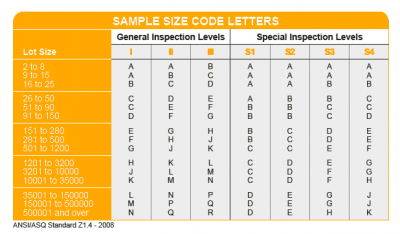 AQL Table | How to Read It
AQL Table | How to Read It TOP 10 Common Defects in Garments Quality Inspection
TOP 10 Common Defects in Garments Quality Inspection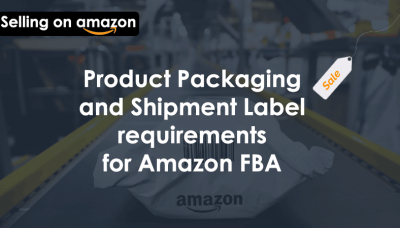 Product Packaging and Shipment Label requirements for Amazon FBA
Product Packaging and Shipment Label requirements for Amazon FBA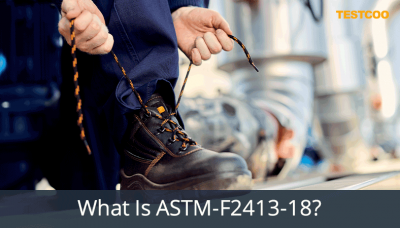 What Is ASTM-F2413-18? Protective Footwear Standard
What Is ASTM-F2413-18? Protective Footwear Standard How to Conduct Third-Party Quality Control Inspections for Electric Scooters
How to Conduct Third-Party Quality Control Inspections for Electric Scooters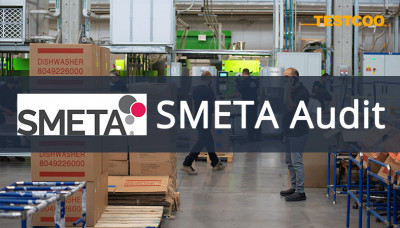 SMETA Audit-What is SMETA Audit?
SMETA Audit-What is SMETA Audit?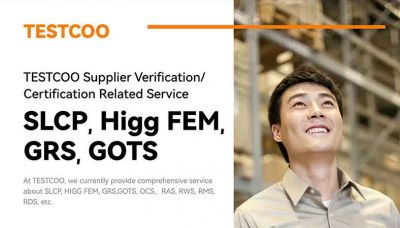 TESTCOO Supplier Verification/Certification Service SLCP, Higg FEM, GRS, GOTS
TESTCOO Supplier Verification/Certification Service SLCP, Higg FEM, GRS, GOTS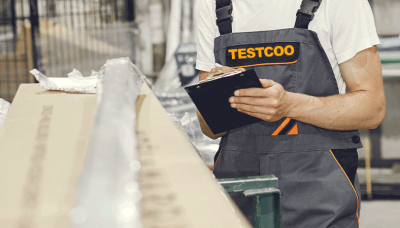 Quality Control Inspection Company in China
Quality Control Inspection Company in China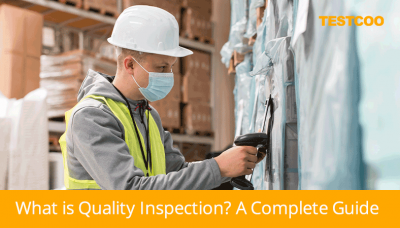 What is Quality Inspection? A Complete Guide
What is Quality Inspection? A Complete Guide Guidelines for Product Inspection in India
Guidelines for Product Inspection in India
Category
- Production Inspection Service
- Factory Audit
- Softline Inspection
- Hardline Inspection
- Electrics Inspection
- Certification
- Checklist
- Manufacturers
- Quality Assurance Basics
- Products Recall
- AQL
- Guidence and Standard
- News
- Supplier Management
- Amazon
- Protective Equipment
- e-commerce quality control
- Indian Manufacturing
- Soft Goods Quality Control
- Supply Chain Management
- Supply Chain Resilience
- E-Commerce Quality Control
- ISO 2859
- Supply Chain Optimization
- Garment Industry
- Higg Index

